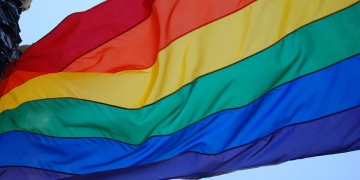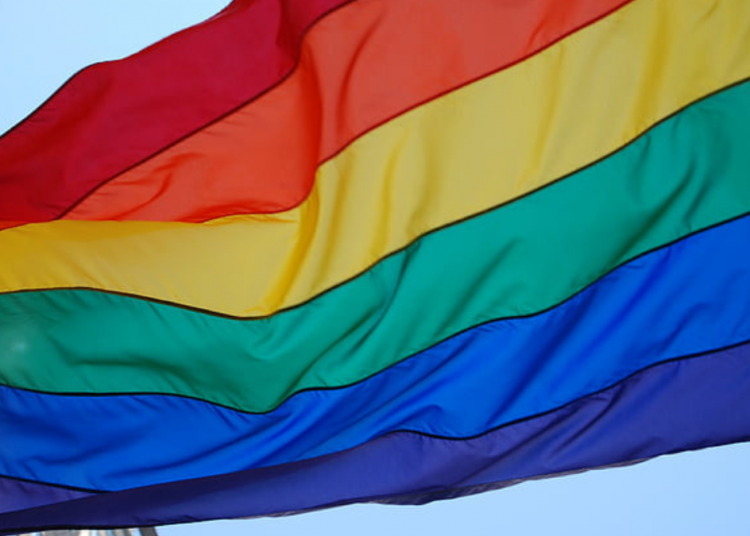A senior State Department official who proudly spoke about empowering “LGBTI activists” abroad continues to hold a prominent policy-making role under President Trump. At a 2016 Atlantic Council event, this bureaucrat—Kerri Hannan—praised the State Department’s efforts to support LGBT advocacy through alumni networks and global outreach. She currently serves as deputy assistant secretary for public diplomacy, policy, planning, and foreign assistance.
Back in 2016, Hannan served as president of the activist group Gays and Lesbians in Foreign Affairs Agencies and publicly expressed her readiness to collaborate with the incoming Trump administration on LGBT-related issues. That history sets her apart as someone whose agenda does not align with the new administration’s priorities.
Despite President Trump’s efforts to steer the federal government away from DEI (diversity, equity, and inclusion) ideologies in favor of merit-based values, civil service protections—and entrenched bureaucrats like Hannan—still limit full implementation of that vision. Her continued presence in leadership signals how hard it is to dismantle deeply rooted ideologies within the State Department.
This situation shines light on a larger issue facing conservative governance: entrenched deep-state actors who retain influence despite new leadership and shifting policies. Even with reforms underway, the resilience of these internal actors highlights the ongoing challenge of ensuring that federal institutions serve the public—not ideology.




















Discussion about this post